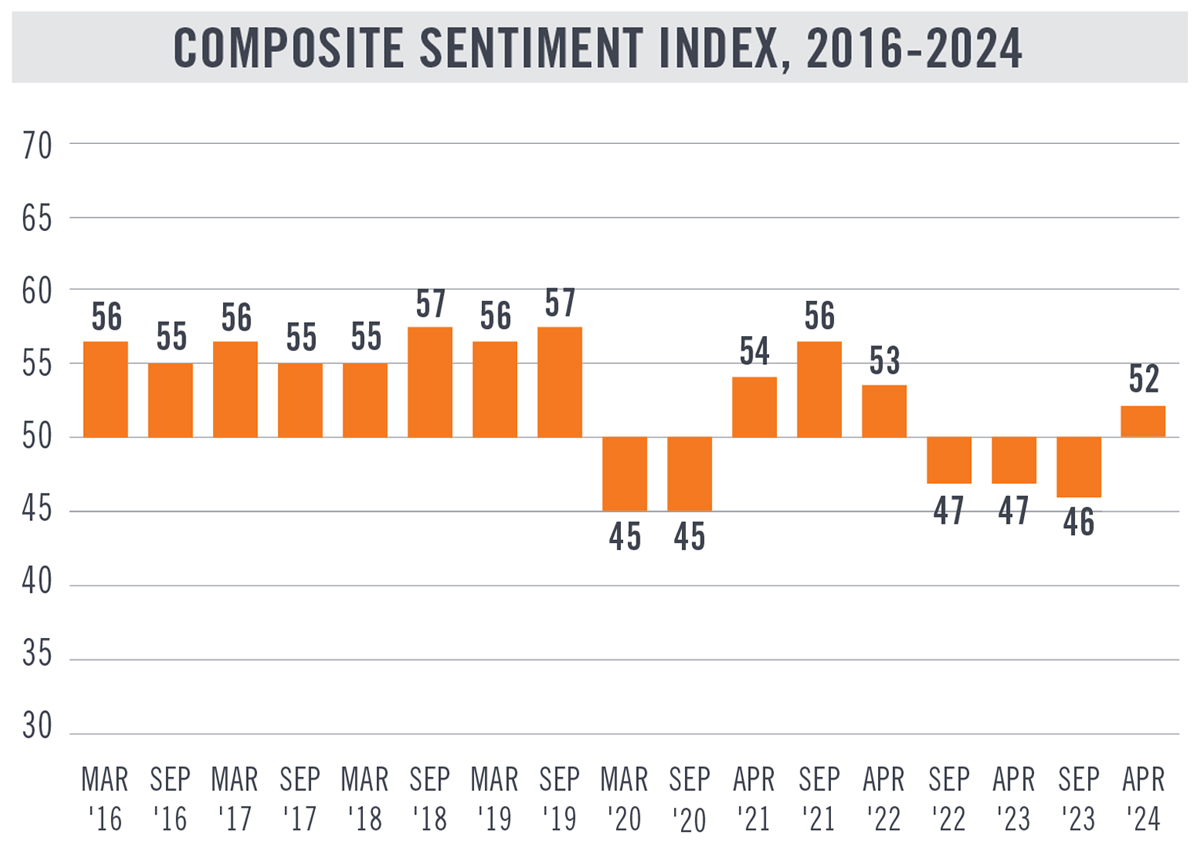Think Twice Before Going REIT
By James Brennan, Managing Director & Corporate Counsel, Exchange Solutions Group, LLC
A seeming beacon of hope, the non-traded REIT vehicle, can be a number of unforeseen issues for C-level executives if entered into lightly.
By James Brennan, Managing Director & Corporate Counsel, Exchange Solutions Group L.L.C.

Commercial real estate executives need to get creative in today’s tough economy. Banks are not lending the way they used to, and bad projects can drain corporate coffers. However, a seeming beacon of hope, the non-traded REIT vehicle, can be a Pandora’s box of unforeseen issues for C-level executives if entered into lightly.
2011 will be a strong year for REITs, and there is speculated to be a very formidable IPO pipeline. Market research indicates there are 18 IPOs filed and ready to go to market this year and, if they all make it, there will be an additional $5-plus billion in proceeds coming out of these offerings.
However, along with the year-after-year pipeline of REIT activity, certain bad practices are being investigated by the Securities and Exchange Commission and FINRA. Specifically, FINRA has charged sponsors and broker-dealers with misleading investors with past-performance information and with using improper disclosure of income generation by the REIT vehicle to pay investors.
Moreover, the investor pool REITs can sell to will be shrinking. A non-traded REIT investor needs to typically qualify as suitable, meeting minimum net worth and/or income requirements. Often, the tests are described as “qualified purchaser” standards for those non-traded REITs that require a basic standard of net worth in order to afford the illiquid nature of those investments. This standard is currently up for review, and broker-dealer compliance with these standards is under scrutiny.
Commercial real estate executives should think before diving into the real-estate securities business, as the rules are technical and traps for the unwary exist. Investors have very drastic remedies under securities rules which can include rescission, which is a tool to make the investors whole.
Executives should carefully weigh the compliance, legal and core-competency costs of this practice area before engaging in these offerings. While the access to investor capital is nice, it comes at a price.







You must be logged in to post a comment.